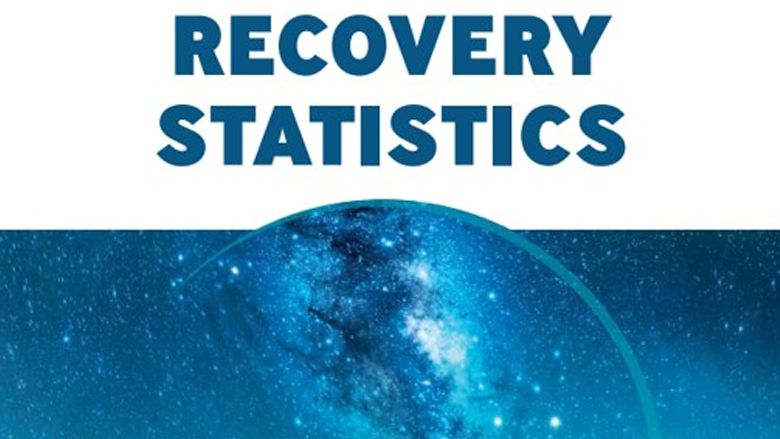World Bank Group Publishes New Data, Aiming to Boost Investment in Emerging Markets
The World Bank Group today published sought after proprietary statistics that reveal the credit risk profile of private and public sector investments in emerging markets. Making this data publicly available is the latest in a concerted effort to drive more private sector investment to emerging and developing economies.
Two separate reports are being provided for the first time ever. The International Bank for Reconstruction and Development (IBRD) is sharing sovereign default and recovery rate statistics dating back to 1985. This information will help credit rating agencies and private investors gain a deeper understanding of IBRD’s credit risk.
At the same time, the International Finance Corporation (IFC) is providing private sector default statistics broken down by internal credit rating. The report provides insights that could help private sector investors feel more confident about investing in emerging markets.
Key takeaways of World Bank Group statistics:
- The IFC's private sector portfolio had a low default rate of 4.1% from 1986 to 2023, suggesting the untapped potential and resilience of private sector investments in emerging markets.
- For investments rated as "weak" by IFC's internal rating system, the default rate was only 2.6% during the period between 2017 and 2023, indicating that even investments considered higher risk can perform better than could be expected.
- For sovereign borrowers, defaults are rare, averaging just 0.7% annually, and the World Bank typically recovers more than 90% of the amount owed, including both principal and interest. This underscores the World Bank's preferred creditor status and its ability to effectively manage sovereign credit risk.
- Sovereign default losses range from 0.01% to 58.5%, reflecting the effect of interest rates and length of time in default.





